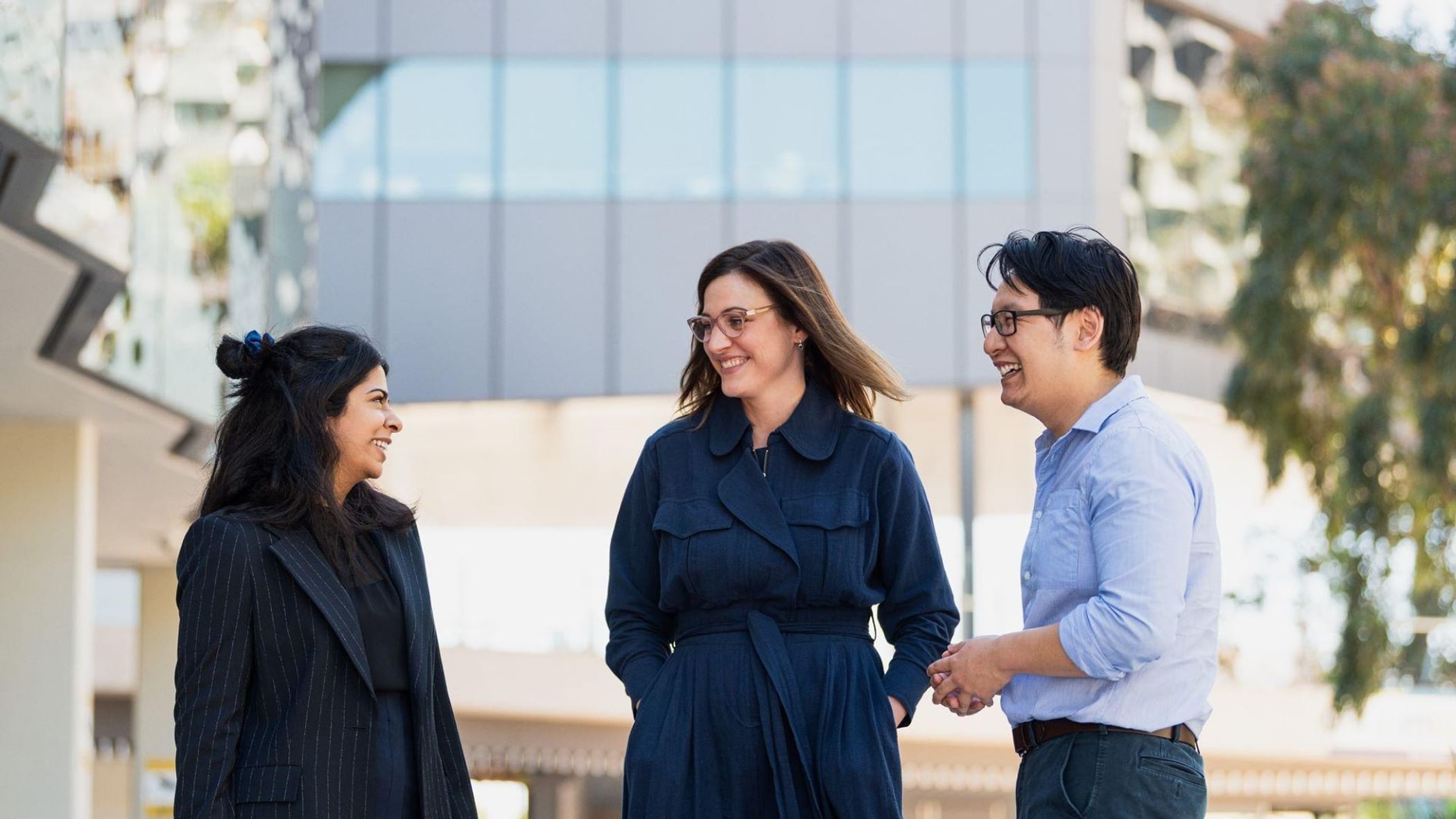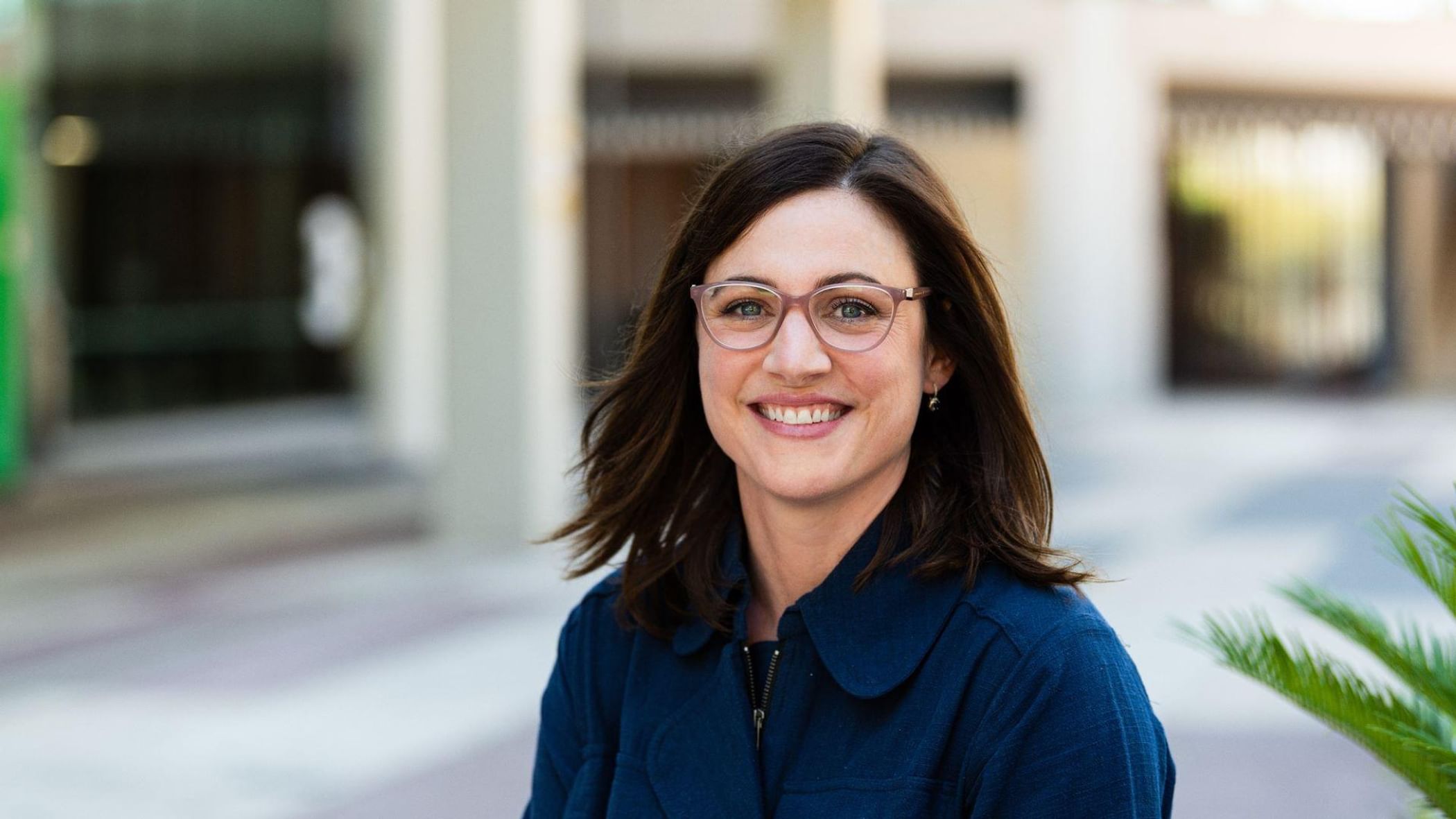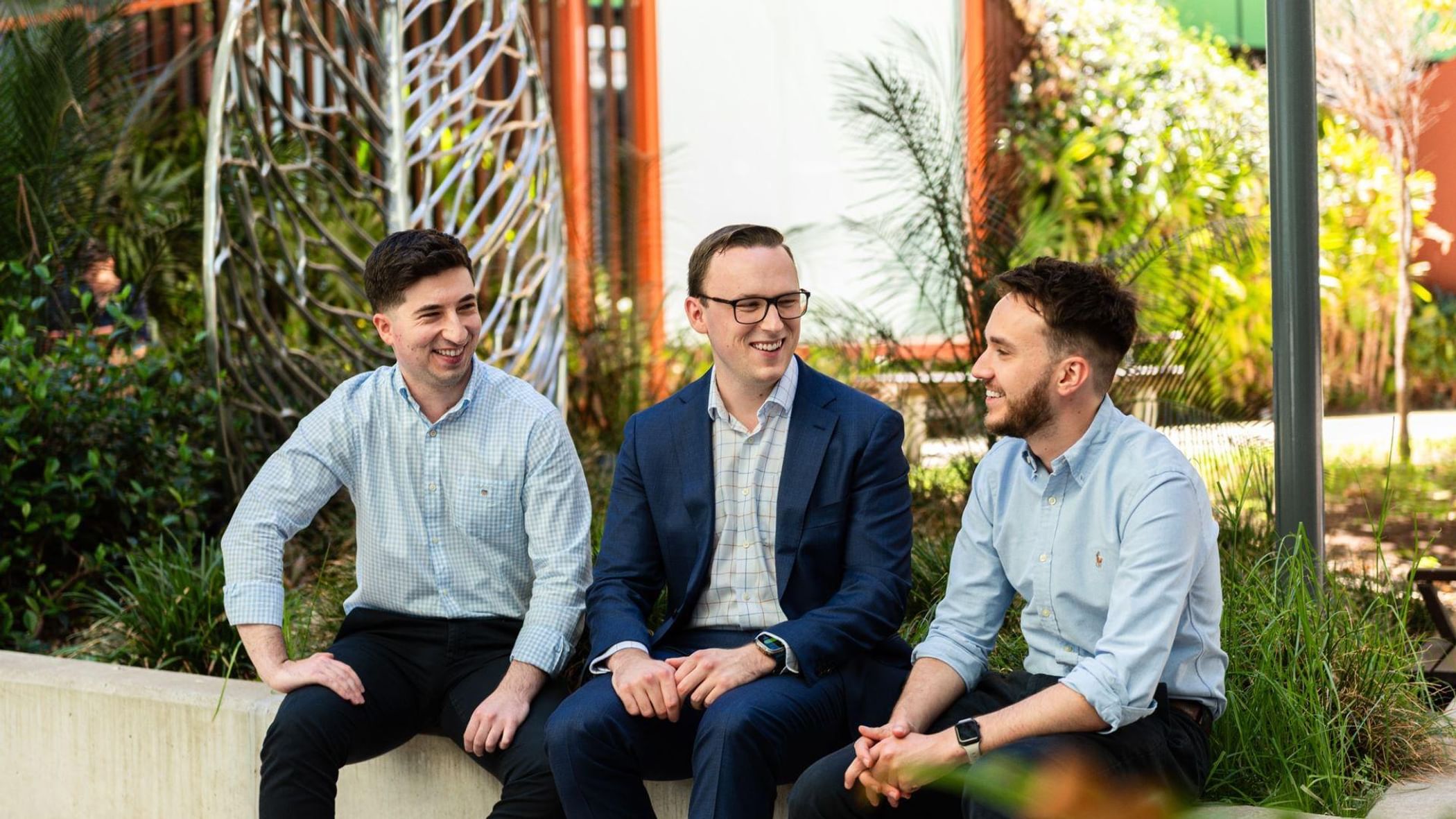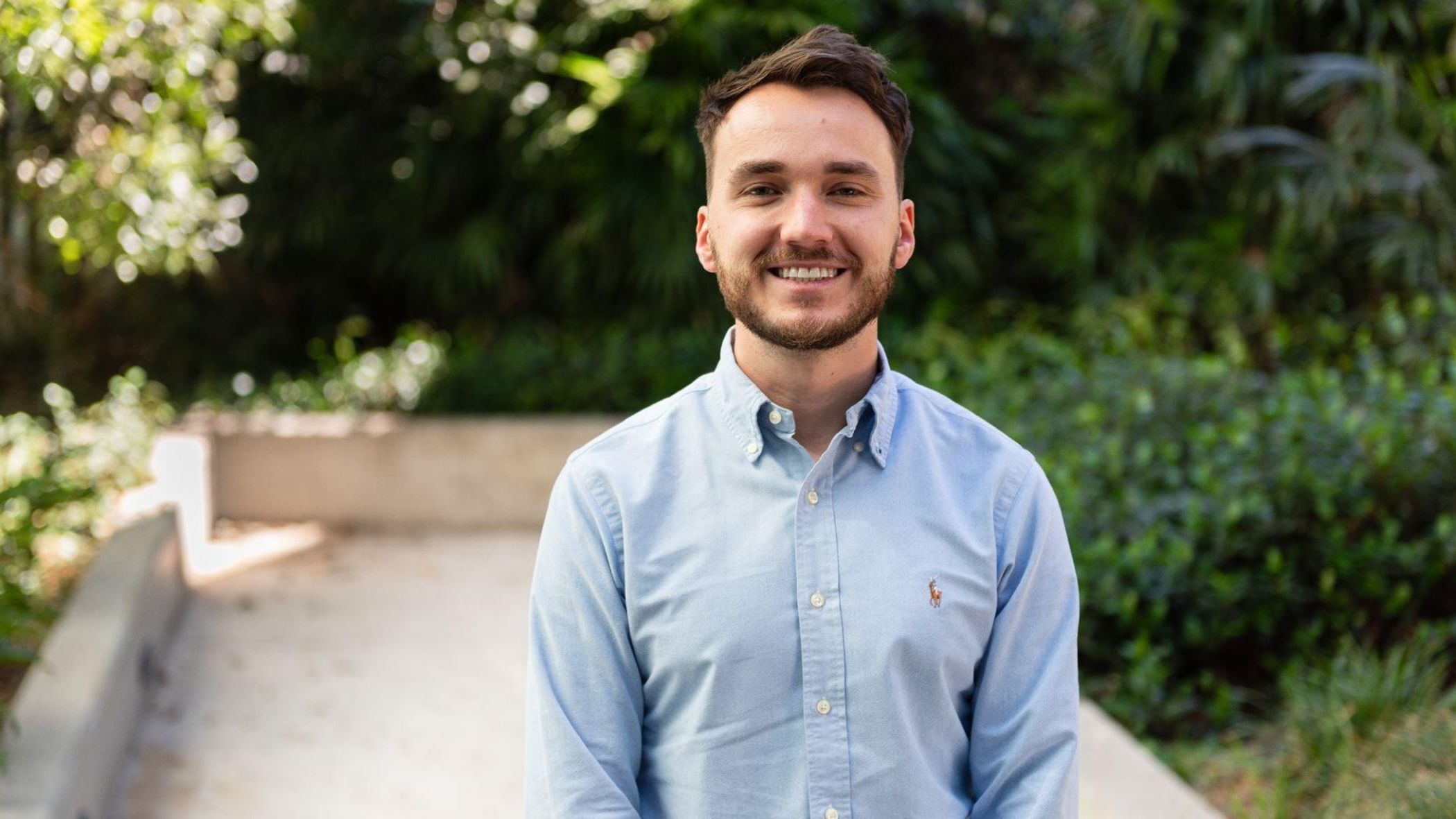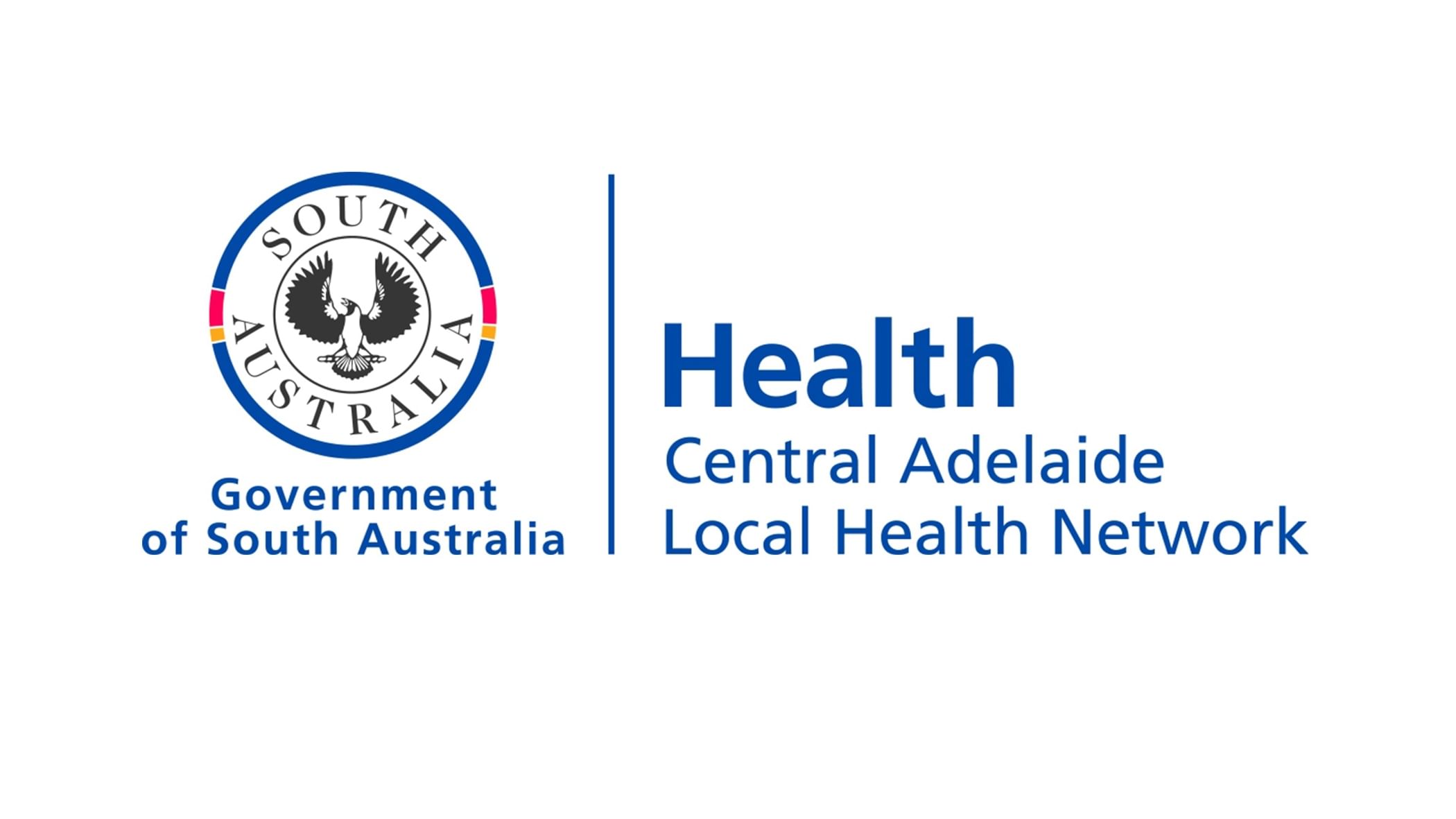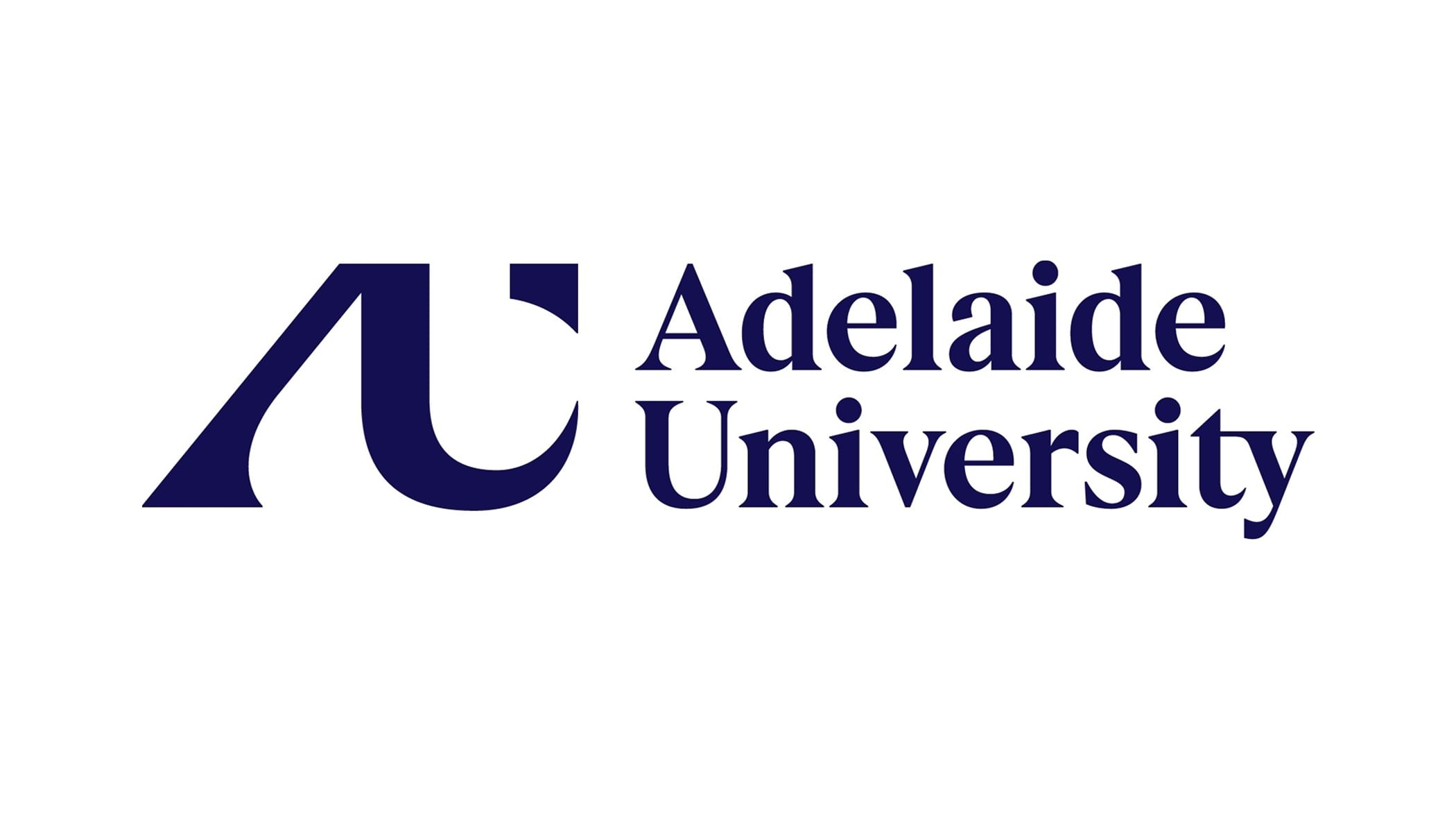CPP candidates
Our candidates stem from medical, nursing and allied health fields. Read more about their individual interests and career aspirations.
On this page
Meet our candidates
2025 cohort
Momina is an Intensive Care registrar at the Royal Adelaide Hospital and an Advanced Trainee in General and Acute Care Medicine with the Royal Australasian College of Physicians. In 2022, Momina was awarded the Guha Prize in recognition of academic excellence and exceptional contribution to the training community during physician training.
Under the supervision of Associate Professor Peter Psaltis, Dr Jessica Marathe and Dr Chinmay Marathe, she is undertaking a prospective, observational clinical study researching artery disease in people with type 2 diabetes. She hopes to identify and understand factors affecting coronary plaque progression in patients with type 2 diabetes mellitus (T2DM), a serious and persistent health challenge despite modern treatments that is estimated to affect just under 700 million people globally by 2040.
“Through my research, I hope to uncover the drivers of cardiovascular risk in type 2 diabetes, enabling earlier identification of high-risk individuals and paving the way for transformative therapies that redefine prevention on a global scale.”
Later she hopes to establish herself as a leading clinician-researcher in cardiometabolic disease to improve the clinical care of high-risk cardiovascular groups on both an individual and broader population level.
Khuyen is an early career researcher and a Respiratory Medicine Advanced Trainee based at the Royal Adelaide Hospital. His main areas of interest are interventional pulmonology and lung cancer, including the use of cutting-edge technologies to deliver accurate and early diagnosis to improve patient survival outcomes.
Supervised by Professor Phan Nguyen, Associate Professor Arash Badiei, and Professor Paul Reynolds, Khuyen’s research will focus on using 4D medical imaging to better assess curable lung cancer patients and demonstrate its applicability for lung cancer clinical practice and management. He also wants to explore the potential of the rich dataset provided by new imaging technology that has previously been underutilised or may be novel in helping determine ideal treatment approaches.
“I want to demonstrate that new imaging technology can revitalise the ability of resource limited settings to provide advanced investigations of lung cancer, improving accessibility and equity for patients.”
With lung cancer remaining one of the most diagnosed malignancies with leading mortality rates, Khuyen’s career objective is to advance the field of respiratory medicine through more equitable, efficient and less resource-intensive lung cancer assessment at a population level.
Alice is an experienced clinician having worked as the primary dietitian for the Royal Adelaide Hospital’s colorectal surgery team for most of the past decade.
Alice’s PhD, under the guidance of Associate Professor Lee-anne Chapple and Associate Professor Tarik Sammour, is focusing on the nutrition management of pelvic exenteration patients after recognising there was little research to guide best practice for this unique population. This gap in knowledge led to challenges in providing optimal, evidence-based care and sparked her desire to develop the first comprehensive studies in this area. She hopes her research will improve the quality of life for patients who undergo pelvic exenteration surgery by improving their nutritional care and overall recovery.
“My ultimate dream is to establish a globally recognised, evidence-based nutrition care pathway for pelvic exenteration patients that enhances their clinical outcomes.”
Following the completion of her PhD, Alice is keen to support and mentor fellow dietitians and allied health clinicians to develop their research skills and participate in research initiatives. She hopes to become a leader in nutrition research and clinical practice for colorectal surgery, particularly in relation to pelvic exenteration surgery.
Luke is an experienced Nurse Consultant working in Acute and Urgent Care at the Central Adelaide Local Health Network.
He has instigated multiple quality improvement focusing on staff education and training in working with people with dementia in Residential Aged Care Homes. His drive to implement research-led improvements was prompted by delivering caring for patients with advanced dementia in a clinical environment that was ill-suited to meet their needs.
Luke’s research aims to reshape how we care for older people by driving evidence-informed changes in practice. His goal is to raise the standard of care through the design of scalable, evidence-based models to enhance the quality of life for those with dementia whilst reducing the burden on healthcare workers and carers.
“I want to advance knowledge and become a leading advocate for improving care approaches and outcomes for older adults living with dementia, frailty, and complex geriatric syndromes.”
He is keen to build structures where person-centred care, continuity, and dignity are non-negotiable – especially for those with dementia or frailty.
2024 cohort
Esrom is an anaesthetic trainee with the Australian and New Zealand College of Anaesthetists. Currently based at the Lyell McEwin Hospital, he will rotate through various hospitals within South Australia and the Northern Territory throughout his clinical training.
Esrom’s PhD, under the guidance of Professor Guy Ludbrook and Professor Mike Grocott, is using advanced modelling techniques to investigate the health economics within the perioperative surgical pathway.
By demonstrating clinical and economic value, this research aims to transform perioperative care by demonstrating that high-value interventions like advanced recovery room care can simultaneously improve patient outcomes, reduce complications and mortality, and enhance healthcare system sustainability.
“My research aims to create a paradigm shift in how perioperative services are evaluated and delivered. By developing robust cost-effectiveness models for perioperative pathways, I hope to provide hospitals with practical tools to identify high-value interventions worth investing in.”
Following the completion of his PhD and specialist training, he intends to continue to balance time in clinical anaesthesia and health economic research.
Damjana is an early career clinician-researcher with an interest in manipulation of the gastrointestinal microbiome as therapy for human disease. She is currently undertaking training in Gastroenterology at The Queen Elizabeth Hospital, taking on the role of Inflammatory Bowel Disease Fellow in 2024.
Under the supervision of Associate Professor Rob Bryant, Damjana is investigating the application of microbial manipulation as therapy for inflammatory bowel disease. As part of this project, she is leading a phase 1 clinical trial evaluating the role of faecal microbiota transplantation in primary sclerosing cholangitis (PSC), a devastating orphan liver disease associated with inflammatory bowel disease.
She hopes the study can transform care for patients with PSC, who have no other medical treatment options and enable the development of future targeted therapies as well as alleviating the health system burden caused by PSC-induced cirrhosis.
"My ultimate dream for my research is to bring us closer to an effective medical therapy for primary sclerosing cholangitis and to deepen our understanding of the microbiome’s role in disease."
Damjana aspires to a career where she can balance clinical work and research, and hopes to make a significant contribution to advancing microbial therapeutics and treating inflammatory bowel disease.
Tristan is currently undertaking Psychiatry training with the Royal Australian and New Zealand College of Psychiatrists.
Tristan’s PhD, under the guidance of both Associate Professor Scott Clark and Professor Lyle Palmer, focusses on utilising machine learning, a subset of Artificial Intelligence, to investigate linkages between structural neuroimaging and clinical outcomes in psychotic disorders.
Tristan’s project aims to explore the potential of deep learning algorithms to analyse structural neuroimaging in patients presenting with a first episode of psychosis. Neuroimaging is often performed at presentation to exclude organic causes, but may contain subtle, under-recognised features that could be relevant to prognosis.
By training deep learning models on these scans, Tristan research aims to enhance our ability to identify which patients are more likely to benefit from specific pharmacological treatments, supporting more personalised and timely interventions.
“Ultimately, I hope to contribute to understanding the biological foundations of psychotic disorders by harnessing the potential of artificial intelligence to improve clinical care.”
Following the completion of his PhD and psychiatry training, Tristan hopes to continue to pursue a career as a Clinical Academic, with a particular interest in Neuropsychiatry and biomarkers in psychiatric disorders.
Zac is a General Surgery Trainee with the Royal Australasian College of Surgeons.
Zac’s PhD, under the guidance of A/Prof Tarik Sammour, is focusing on the role of pre-operative therapy of early-stage rectal cancer.
He hopes to provide strong evidence to advance the standard of care for these patients diagnosed including demonstrating that chemotherapy and radiotherapy are effective alternatives to surgery for selected patients to improve their quality of life and enhance long-term oncological outcomes.
“Ultimately, my ambition for my research is to make a meaningful impact on the care of patients diagnosed with early-stage rectal cancer and maintain South Australia’s position as a leader in modern rectal cancer management.”
Aside from his clinical work and research pursuits, Zac also has an interest in education and mentorship for medical students and junior doctors aspiring to a career in surgery. Following the completion of his PhD and surgical training, Zac intends to complete further fellowship training in Colorectal Surgery, with the hope of eventually practicing as a Colorectal Surgeon and Academic.
CPP FAQs
Questions about the CPP?
Would you like to know more about eligibility, fees or whether you can defer your studies? Read our frequently asked questions.
Go to pageContact us
Clinician PhD Pathway
- Financial support
- Mentorship
- Training
This page was last updated 10 June 2025.
